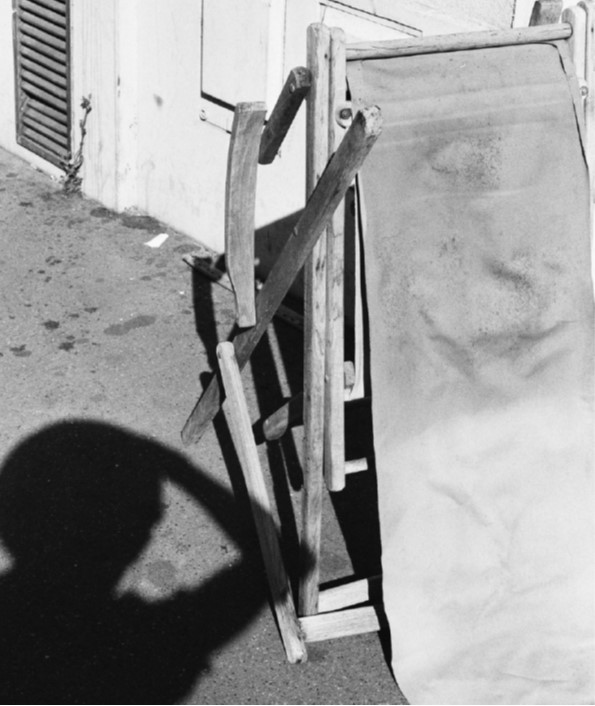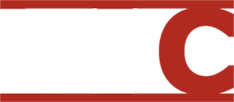
3 to 6 pm
Wiels Contemporary Art Centre, Brussels
Workshop on Creative Writing and Photography:
Starting from Hervé Guibert’s concept of the phantom image and Vilém Flussers’s concepts of the gestures of photographing and writing, this both photographic and creative writing workshop is intended to explore the influence of the photographic apparatus in writing practices. The participants will be instructed to use a film camera (already owned or a disposable one) to create and complete a photographic journal. As the photographs will not be developed during the initial part of the workshop, in the absence of pictures (phantom images) the participants will write a short fictional story using the description of every photo they take but have not yet seen (an image which exists only during seconds in the viewfinder and then in their memories). In every session the participants will read and discuss one another’s texts and reflect on the use of the camera in their writing processes, using as reference theory on text and image (Flusser, Guibert, Barthes), creative writing manuals (Wood, Cowan) and examples of literature using these technique (Sebald, Teju Cole, Kate Zembreno). In the last session, the participants will develop their film and compare the results with the texts already produced and reflect on what would have been different if they had used digital or previously developed photos or not photography at all. In this way, the workshop will address and question basic concepts of the “workshop poetics” such as ekphrasis, point of view, character and description, in order to understand how the camera imposes a certain way of seeing associated with realism and how it could be disrupted in the narrative process.
The workshop will be instructed by PhD candidate Andrés Franco Harnache (UCLouvain), who also holds a master in Creative Writing (University Pompeu Fabra), and whose artistic practice turns around the relationship between photography and text (afharnache.co). It will take the horizonal form of a lab and a creative seminar rather than a class on ‘how to write’ from photographs. Given the course structure, it will open to a maximum of 8-10 students or researchers interested from a creative standpoint in the relationship between text and image, with background either in literature, cultural studies, creative writing, art history, arts and visual arts, and who desirably also have an artistic practice, amateur or professional. The workshop will be instructed in English and will take place during November 2022 over four weekly sessions.
